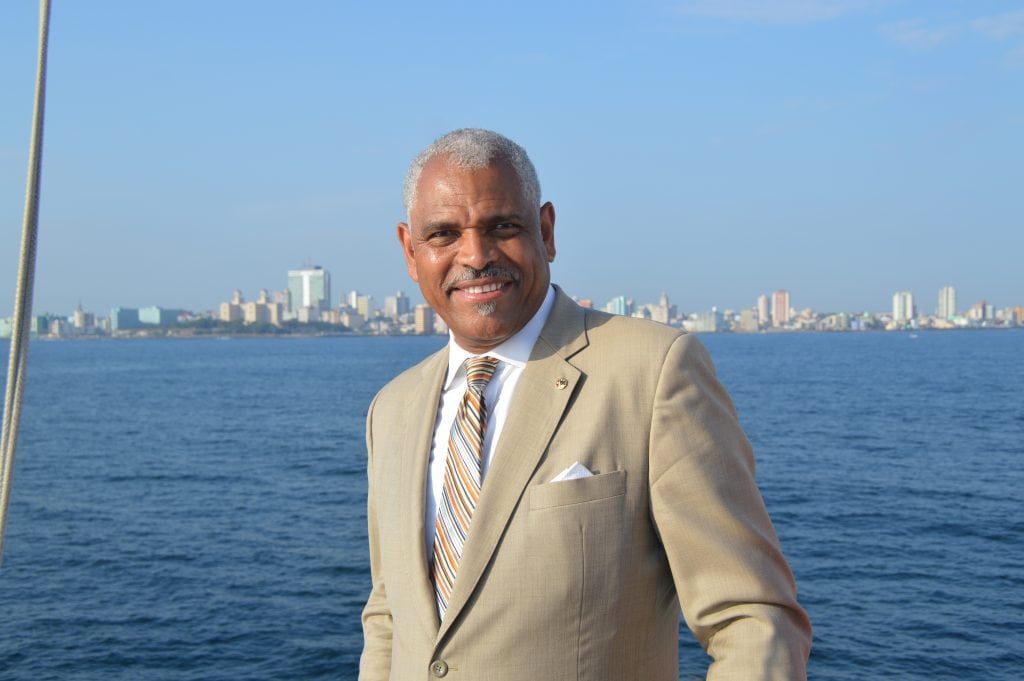Skift Global Forum Preview: Carnival CEO on Bringing American Business to Cuba

Skift Take
As Carnival's experience shows, doing business in Cuba as an American company is complicated — especially in these early days while relations are normalizing but the embargo remains in place. Travel companies catering to U.S. citizens need to be flexible, detail-focused, and patient.
On September 27 to 28, nearly 1,000 of the travel industry's brightest and best will gather in New York City for the third annual Skift Global Forum, the largest creative business gathering in the global travel industry. In only two short years it has become what media, speakers, and attendees have called the “TED Talks of travel.”
This year's event at Alice Tully Hall, Lincoln Center will feature speakers including the CEOs of Marriott International, Carnival Corp., Expedia, TripAdvisor, Etihad Aviation Group, Club Med, and many more.
The following is part of a series of posts highlighting some of the speakers touching on big-picture issues that may begin in travel, but also impact businesses and industries beyond the sector.
Arnold Donald wasn't prepared for the feeling of sailing into Havana's harbor on the first cruise ship from Miami to arrive in more than 50 years.
"Seeing those people lined up as the ship sailed in, just seeing the vista from the ship, that's just breathtaking and awe-inspiring," said Donald, CEO of cruise giant Carnival Corporation. "It was absolutely one of the memorable moments of my life."
The historic moment in May followed many months of intense conversations with Cuban officials as the Miami-based cruise operator sought approval to send the ship, Adonia, from its new Fathom brand. And those talks came after years of watching U.S-Cuban relations for signs of a thaw.
Carnival announced in July of 2015 that it planned to send Fathom to Cuba, but approval from the government there didn't come until March of this year. And after a brief controversy in April over whether Cuba would allow Cuban-born passengers to
